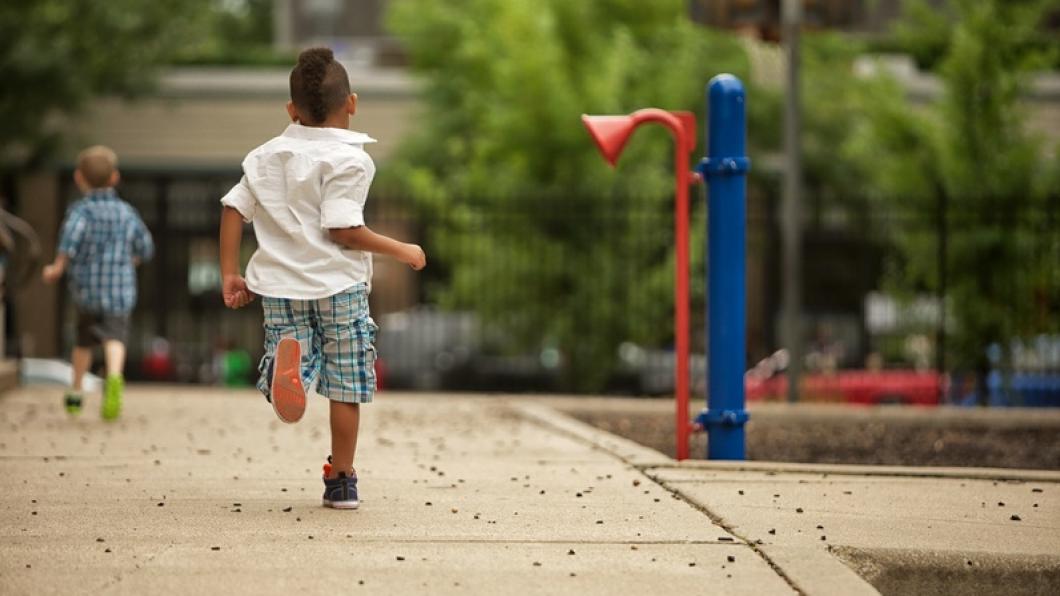
Disabled kids more likely to be left out, picked on at recess, study finds
By Louise Kinross
Recess is supposed to be a fun, active, social time for kids in elementary school.
But parents of children with disabilities were more likely to report their children being victimized at recess than parents of non-disabled children, according to a survey of 473 American parents published last week in BC Public Health.
"The more parents reported having children with disabilities in their house, the more likely they were to report incidents around bullying and exclusion," says co-investigator Dr. William Massey, an assistant professor in the School of Biological and Population Health Sciences at Oregon State University. Children's race and ethnicity and their family income did not predict parents' perceptions of recess.
"It's possible that children with disabilities, whether they're physical, cognitive, emotional or behavioural, are having a worse experience at recess than their peers," William says. It's also possible, the researchers say, that their parents are more attuned to recess problems due to their child's exclusion in other parts of the school day.
Parents were asked about whether they agreed with statements about belonging and victimization such as "My child gets along well with others during recess" and "My child is threatened at recess by other children." They also weighed in on recess policies, such as whether recess should be taken away from a child who didn't complete work or acted out, and procedures, such as whether recess was supervised by teachers who played alongside students.
In addition to saying their children were more likely to be excluded or picked on during recess, parents of disabled children expressed a greater desire for a recess environment with many activities; that is supervised by adults who play with children; and where conflict resolution skills are taught. "Out of all recess procedures, including those regarding physical safety...parents of children with disabilities were most concerned about the social environment," the authors write.
Parents of children with disabilities were also more likely to agree that recess should not be denied to a child for academic or behavioural reasons. "This would not be surprising, especially considering literature that finds that children with disabilities are more likely to receive exclusionary disciplinary action than children without disabilities," the researchers say.
William says when there aren't lots of things to do at recess that are developmentally appropriate and accessible, kids with disabilities get left out. "If a school just has an area for play and no play structure, and there are three balls to play with and 100 kids, which is a situation I've seen multiple times, generally the older boys will take the balls and start a sports game and the child with a physical or developmental disability is not going to be able to get in on that."
William says schools need to build a culture that provides opportunities for everybody. "So if a child sees someone by themselves, they go over and offer an invitation. That needs to be a value and a behavioural practice."
The online survey was done with parents because the pandemic precluded in-person research. Future plans are to gather data directly from children as well as from teachers and other staff who participate in recess.
The bottom line is that recess need to be designed and evaluated with the needs of children with disabilities in mind.
Like this story? Sign up for our monthly BLOOM e-letter. You'll get family stories and expert advice on raising children with disabilities; interviews with activists, clinicians and researchers; and disability news.